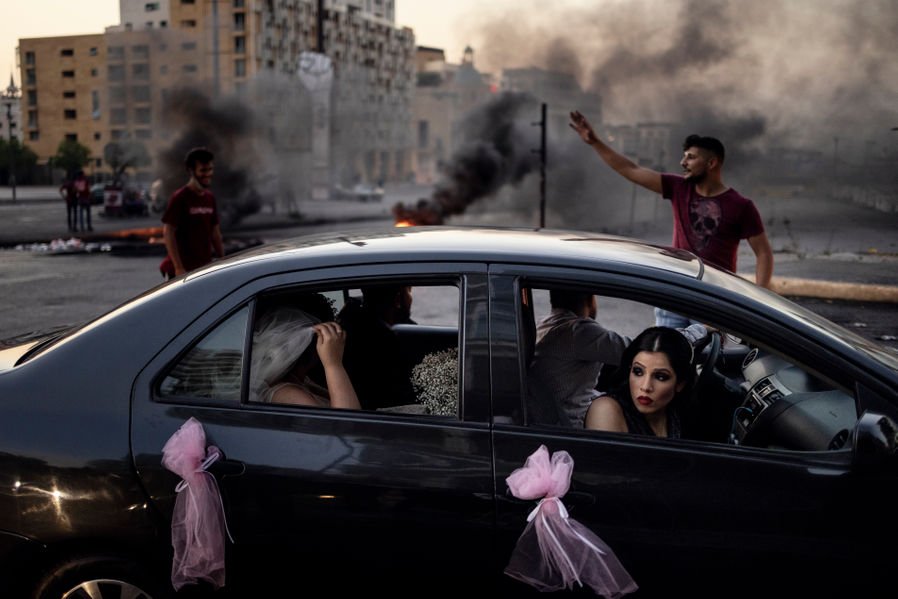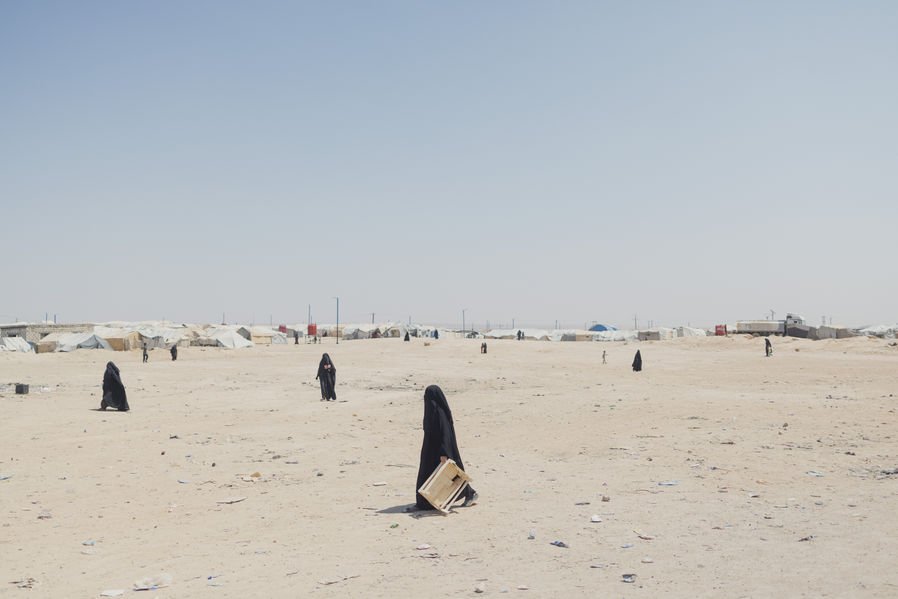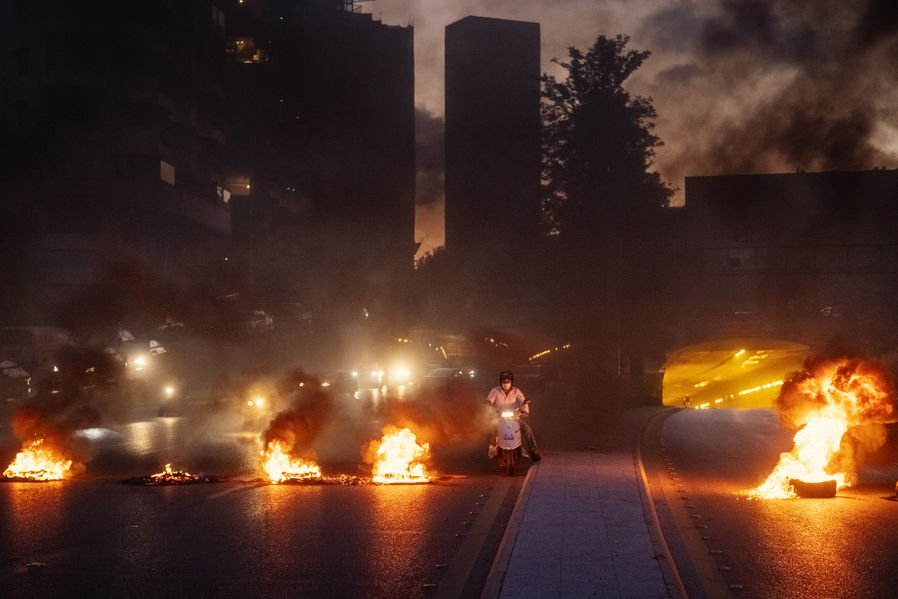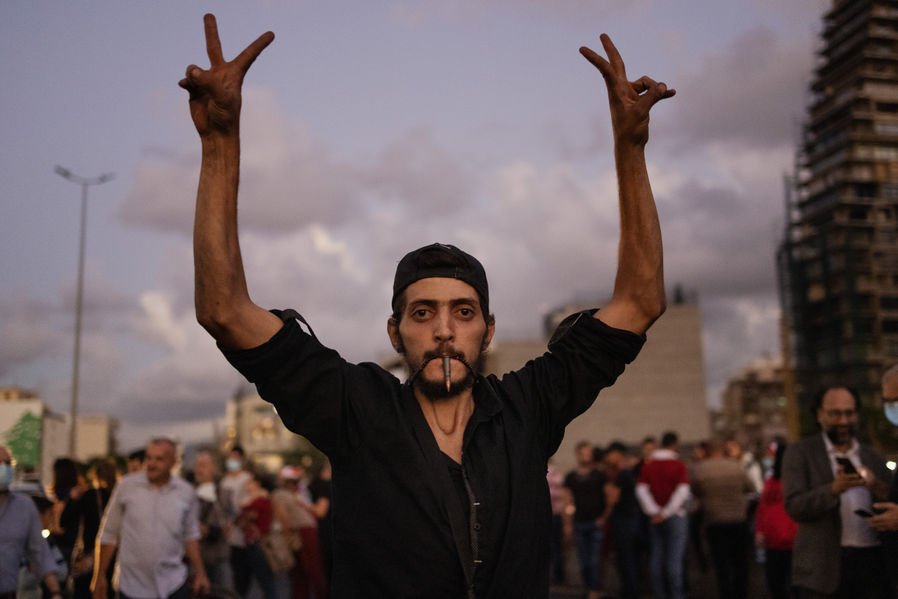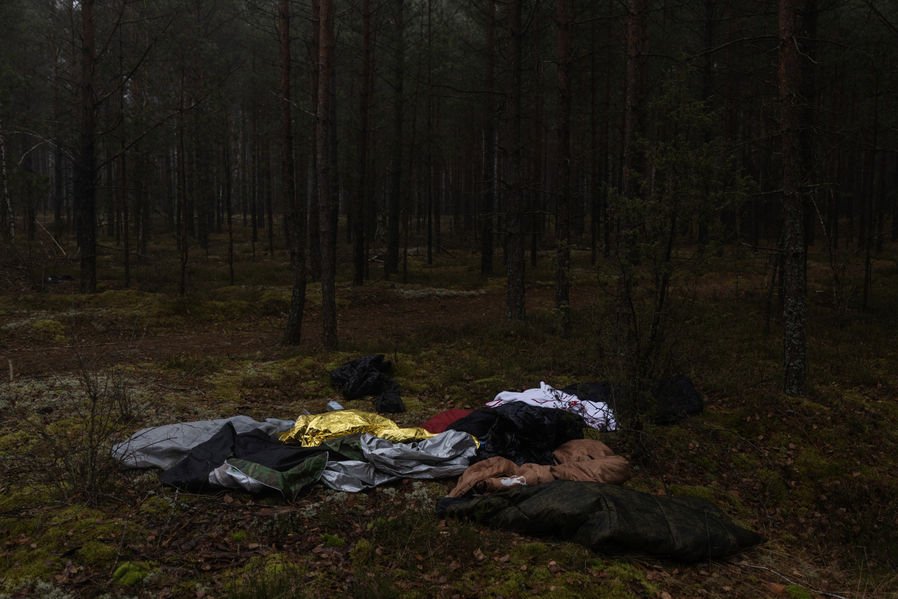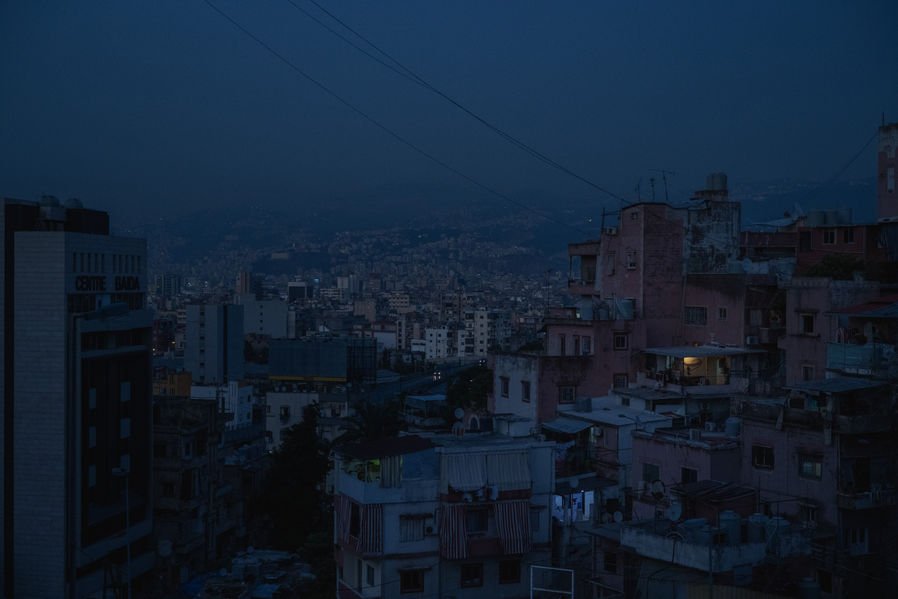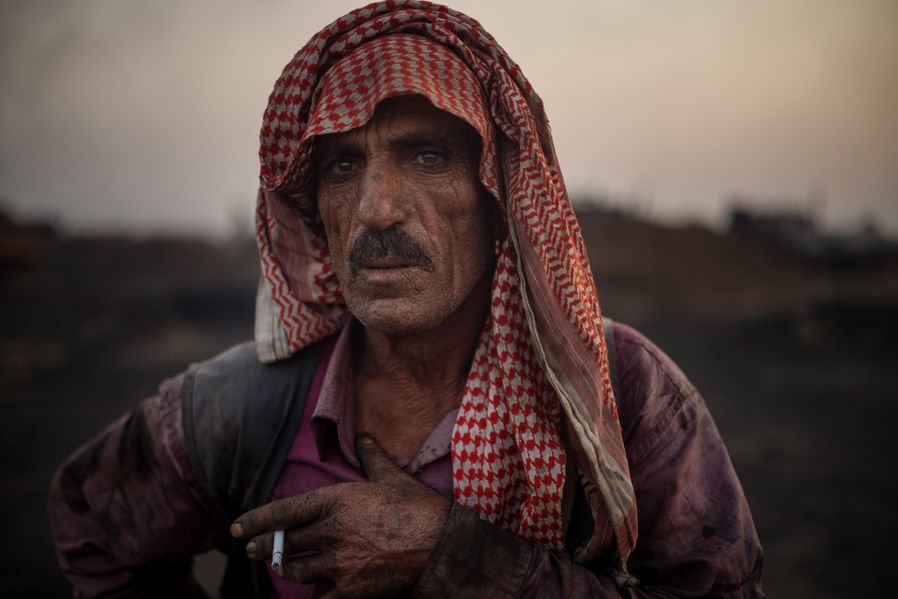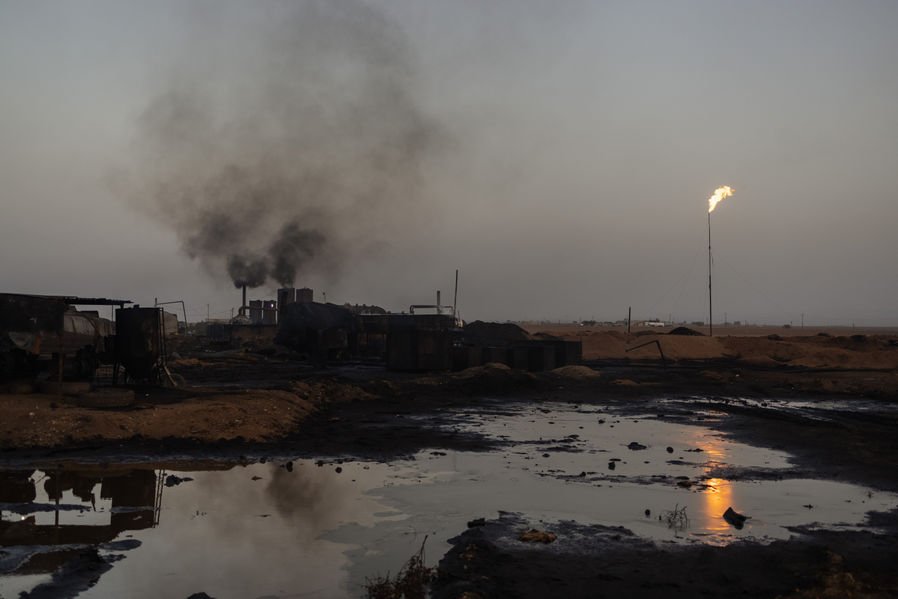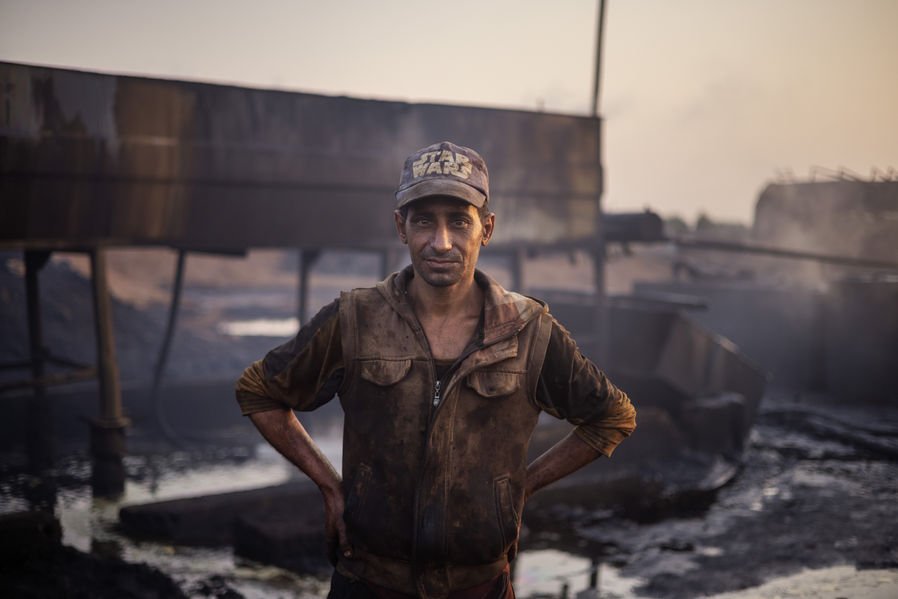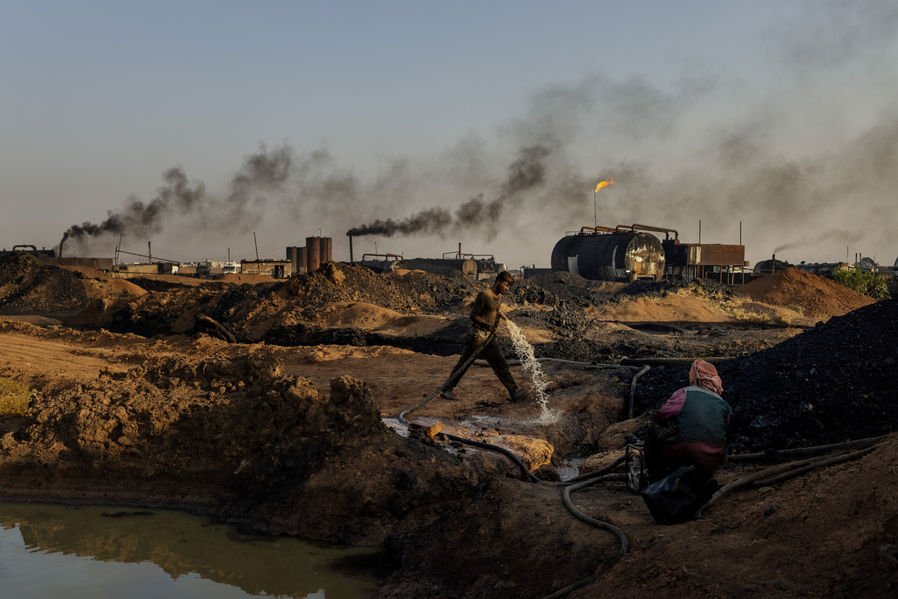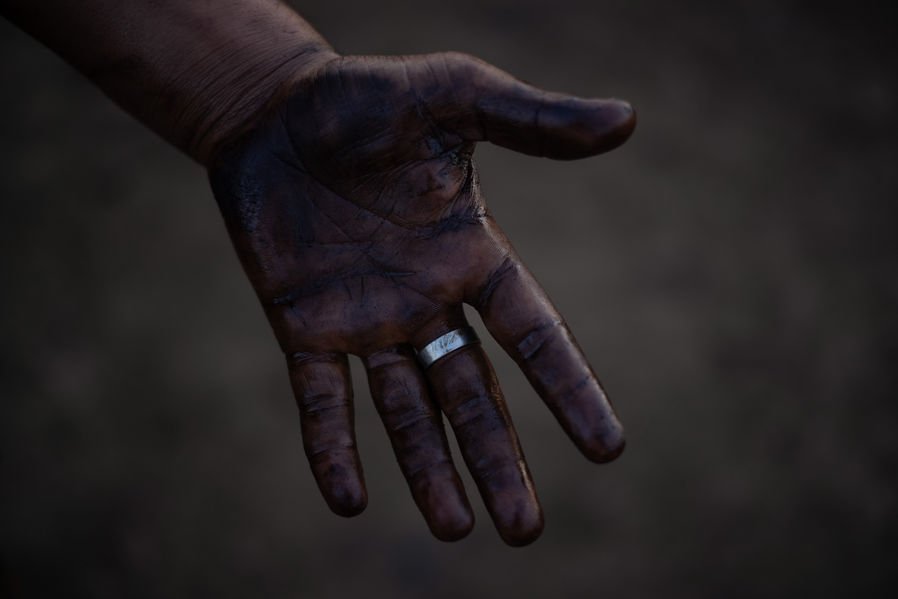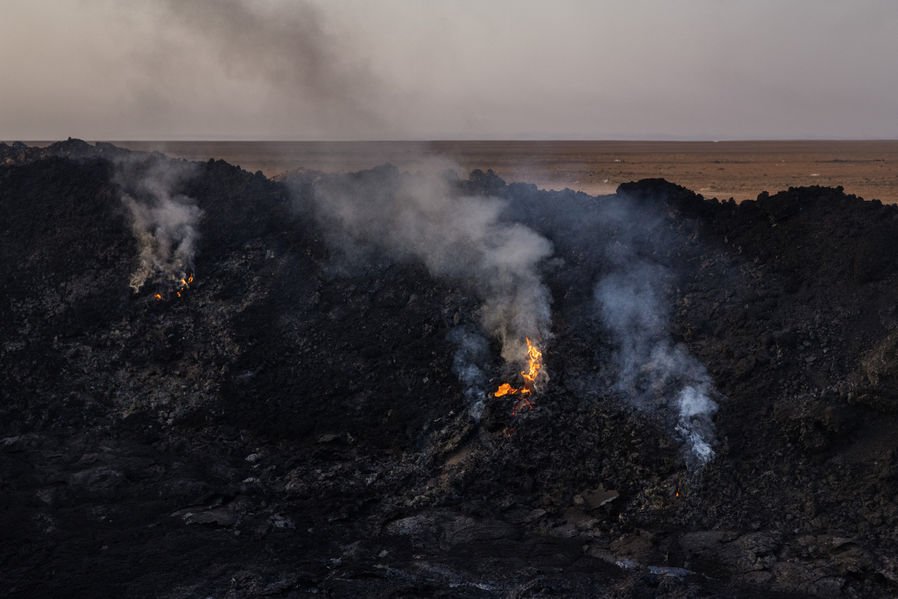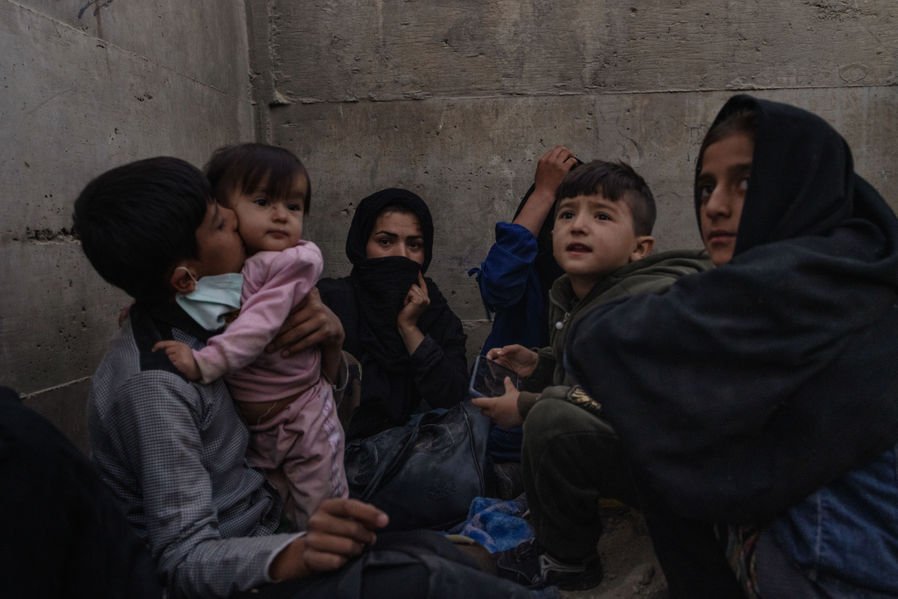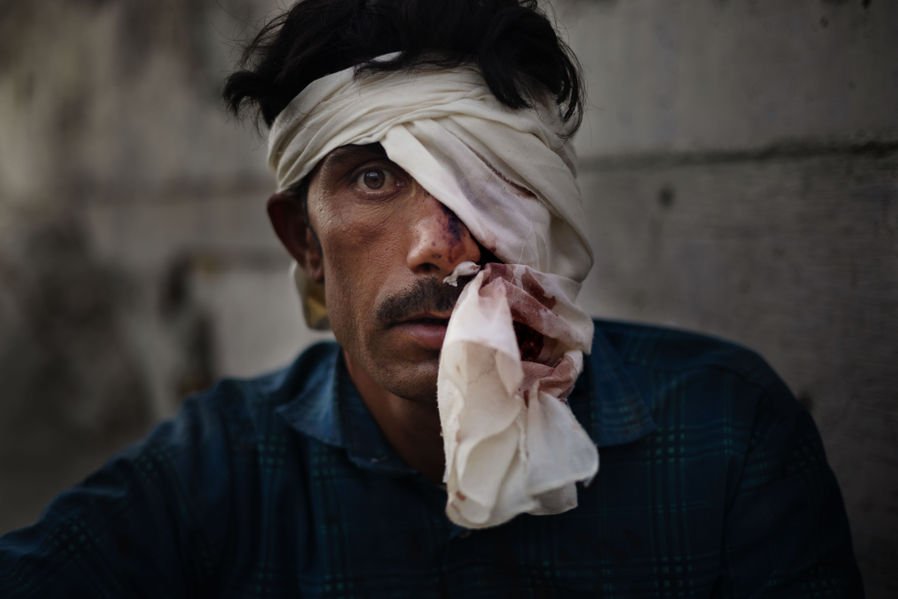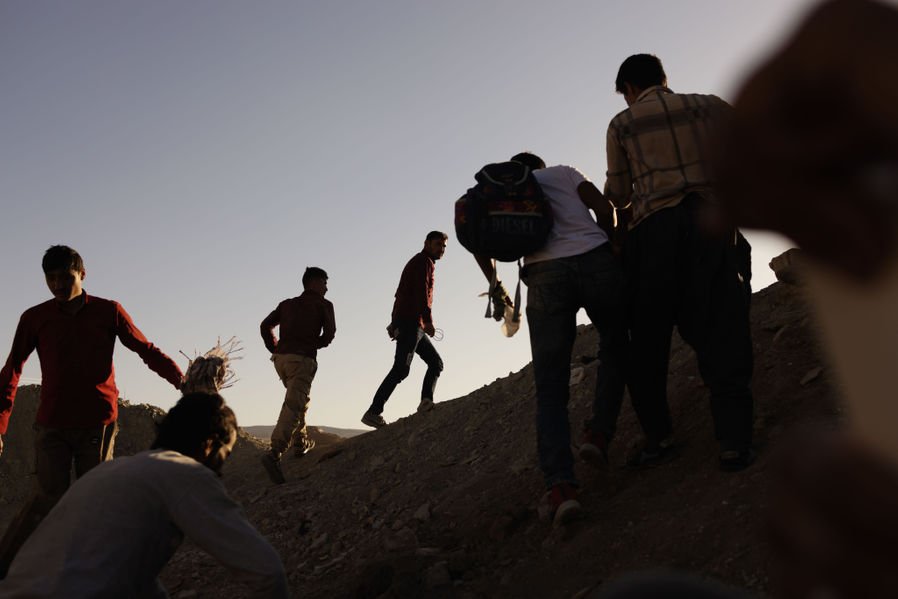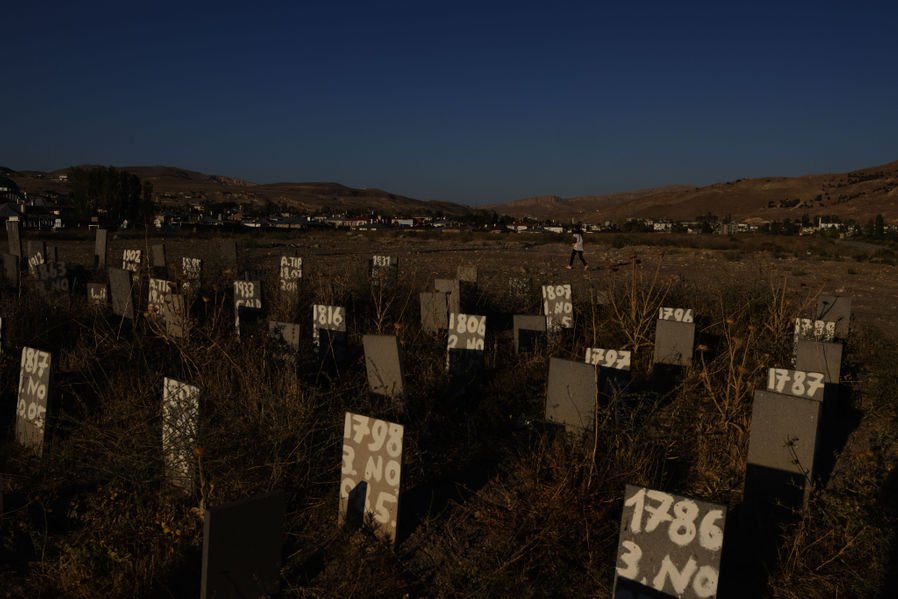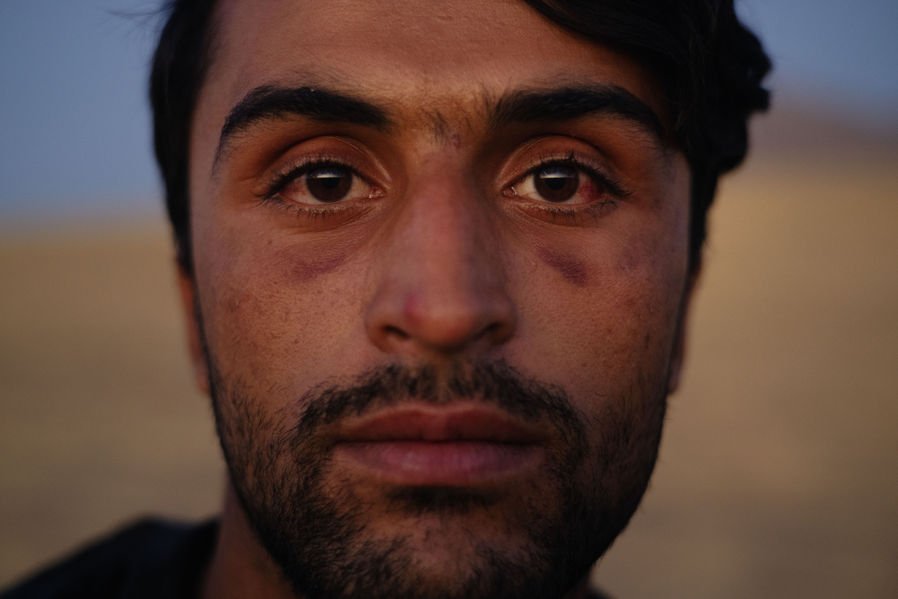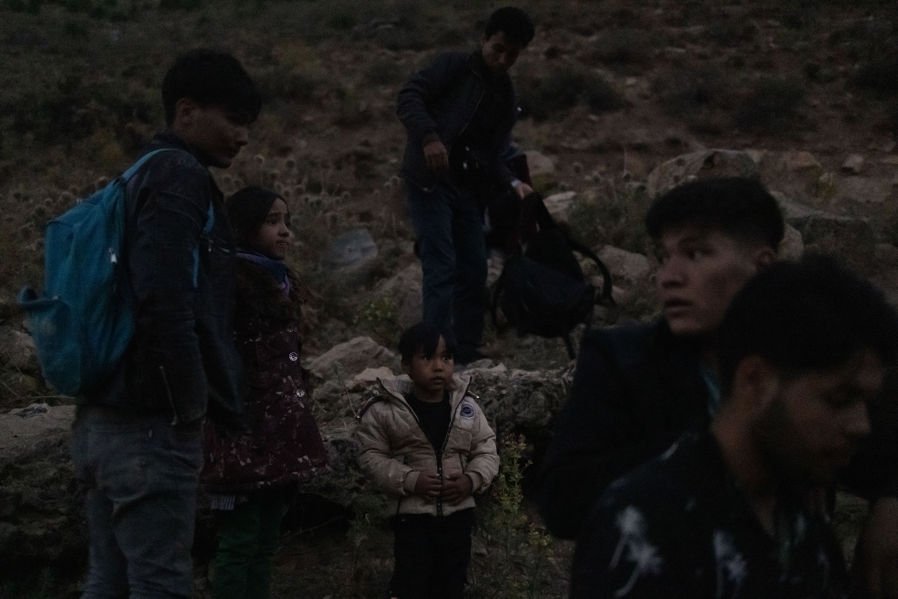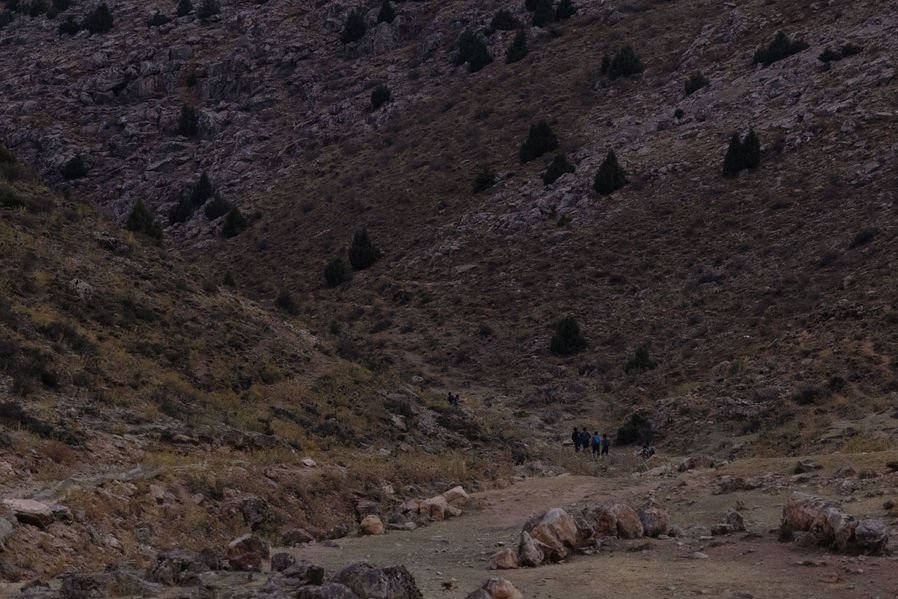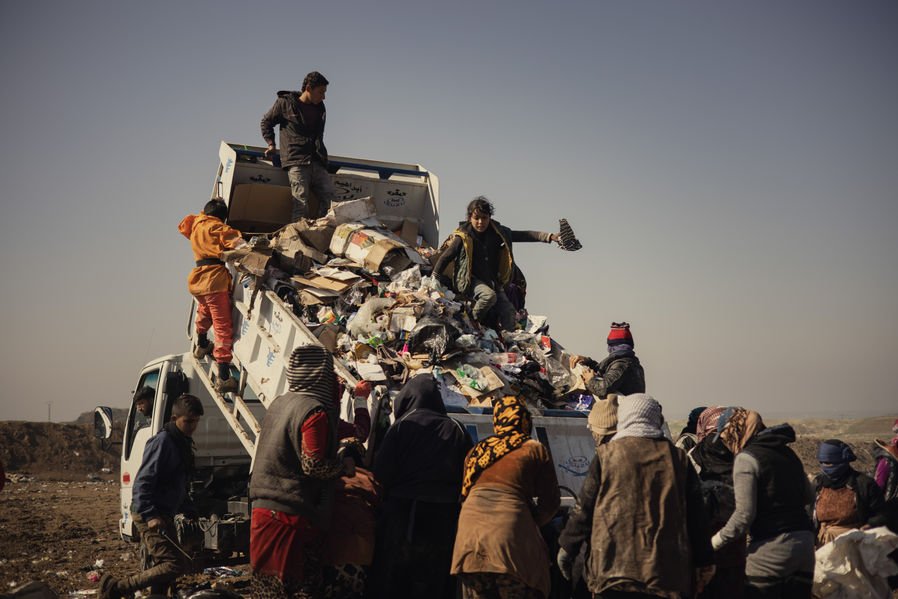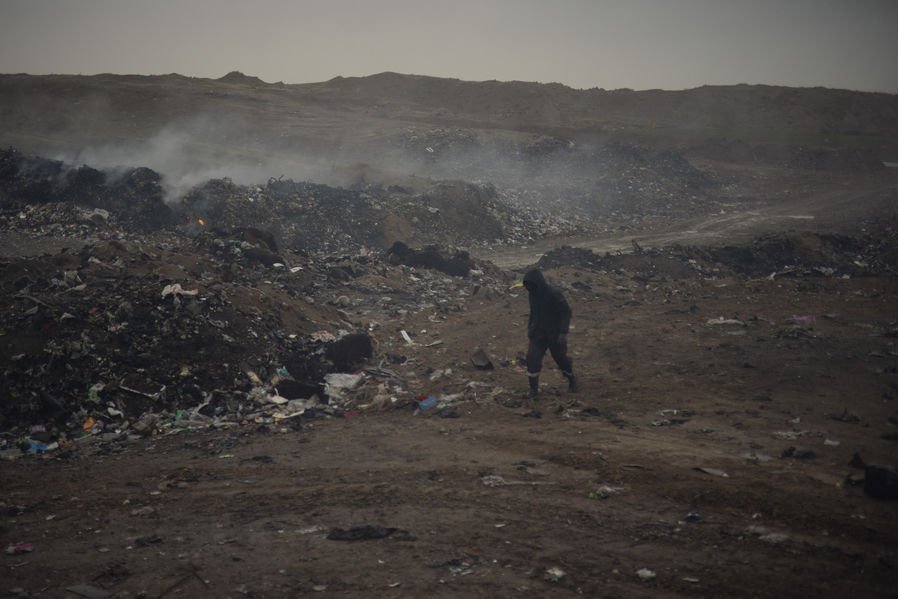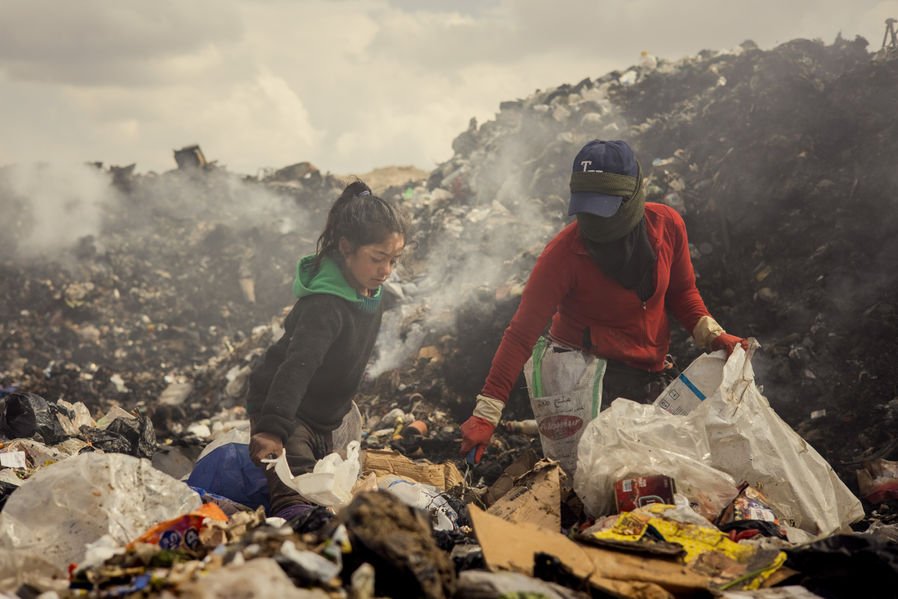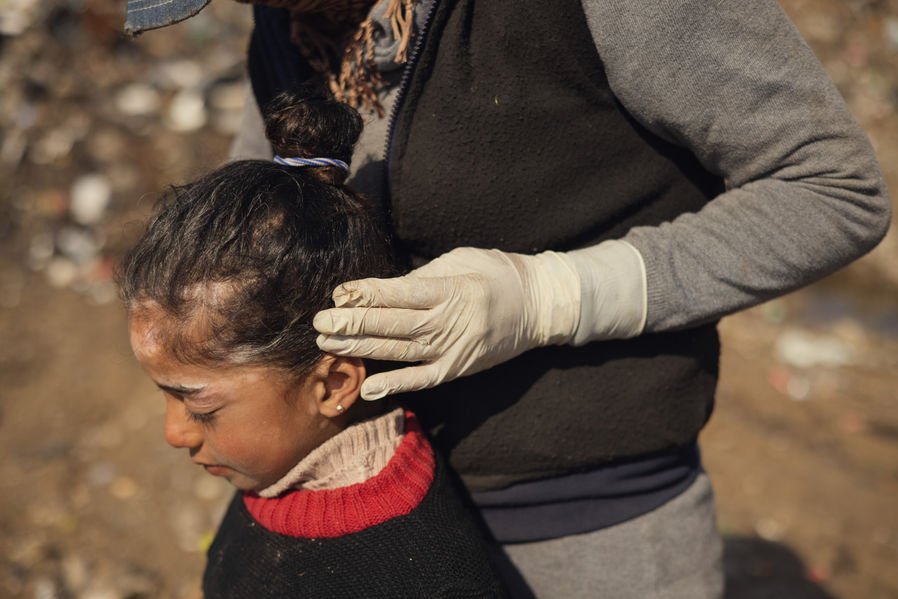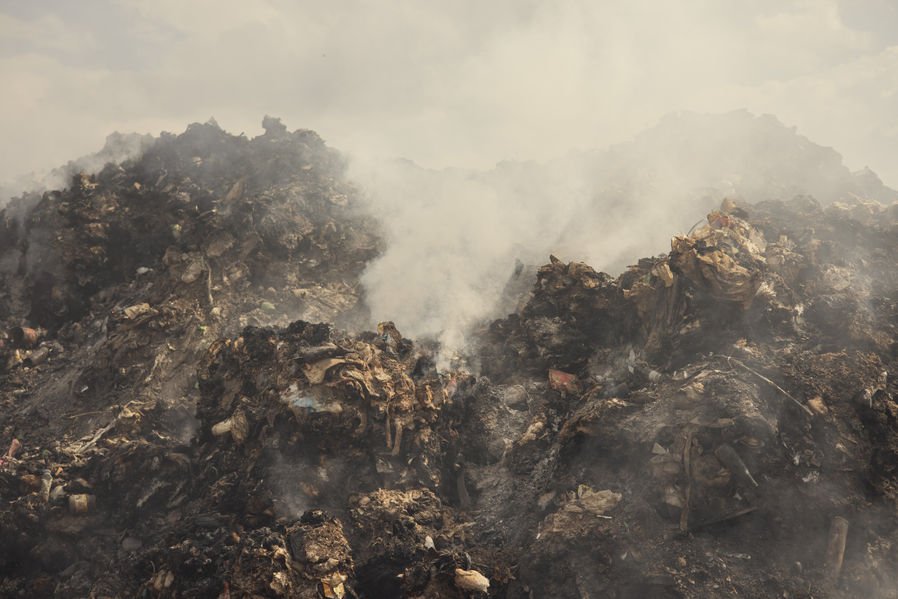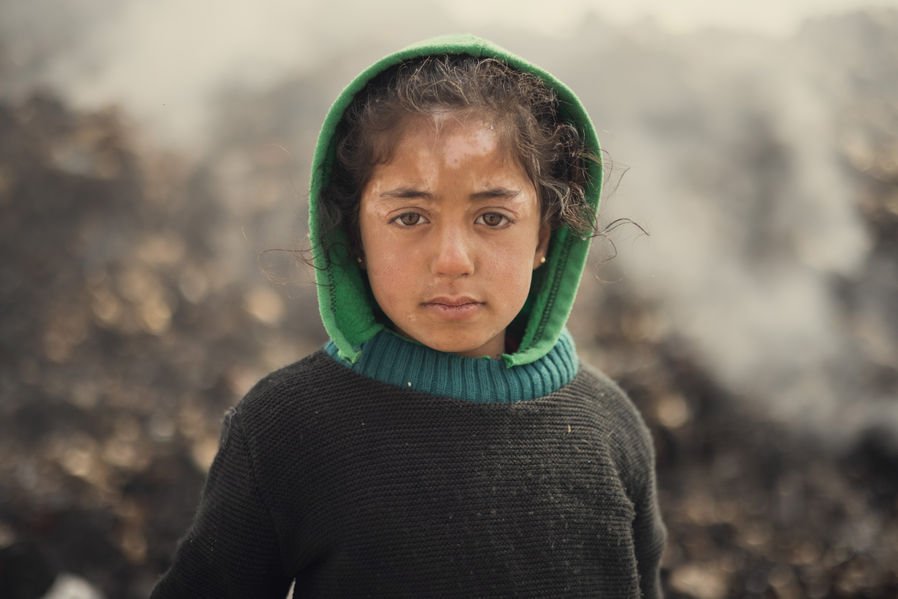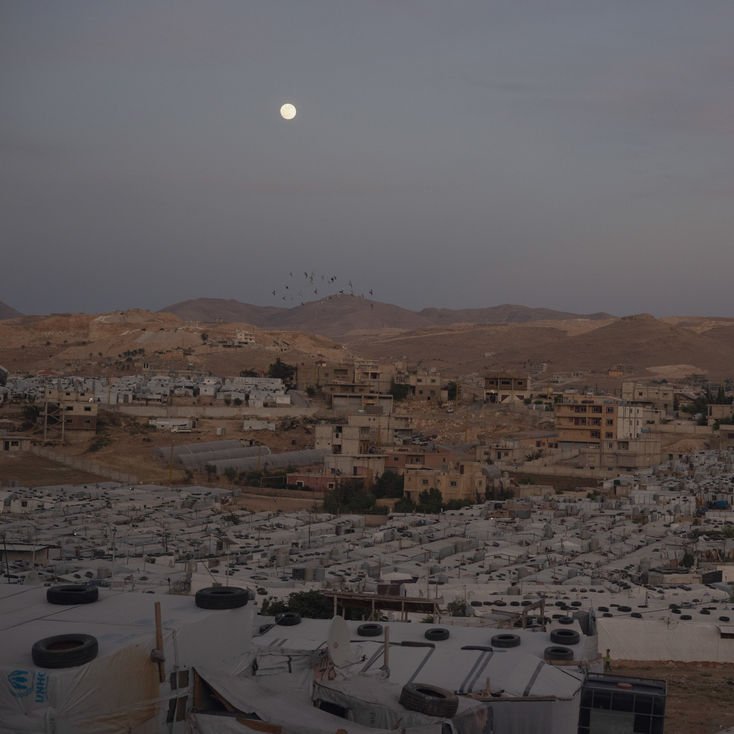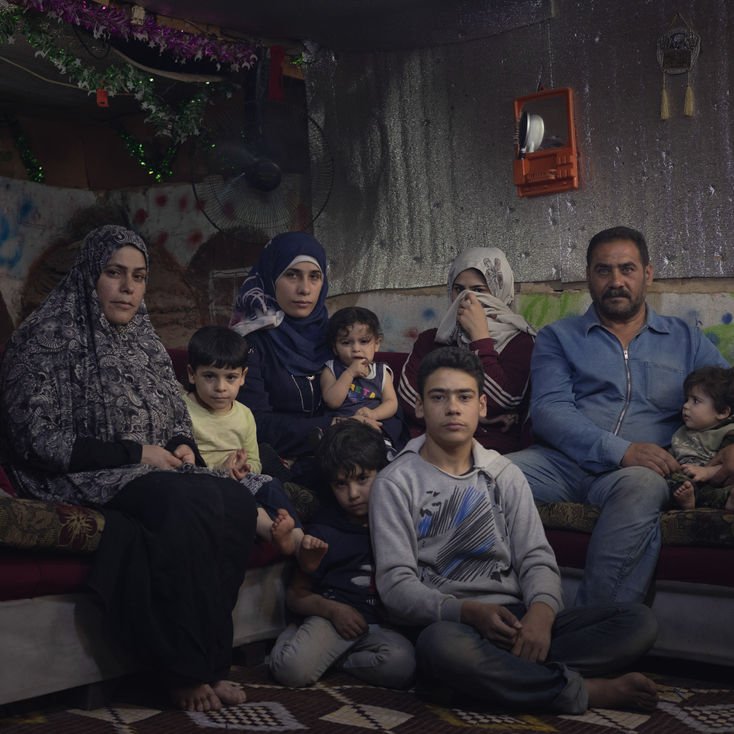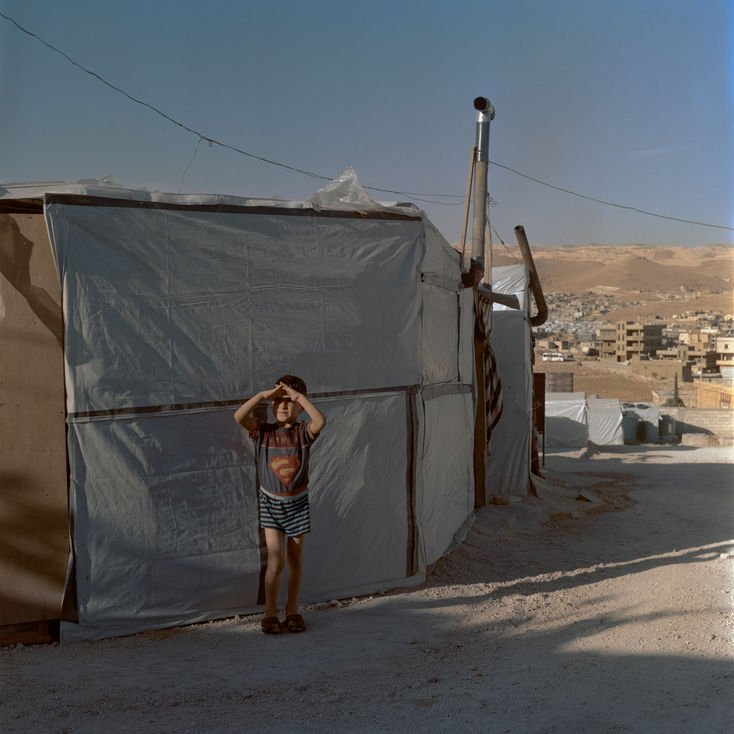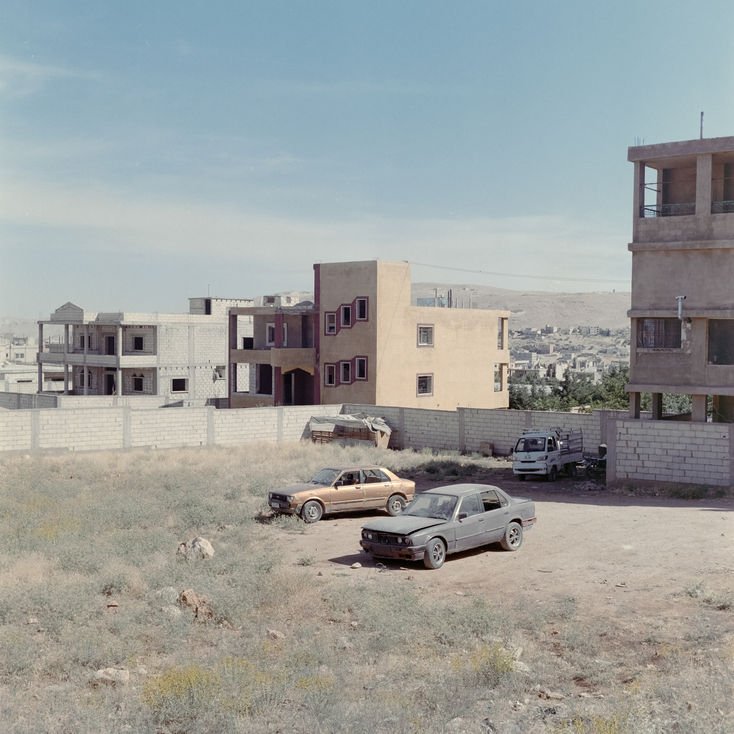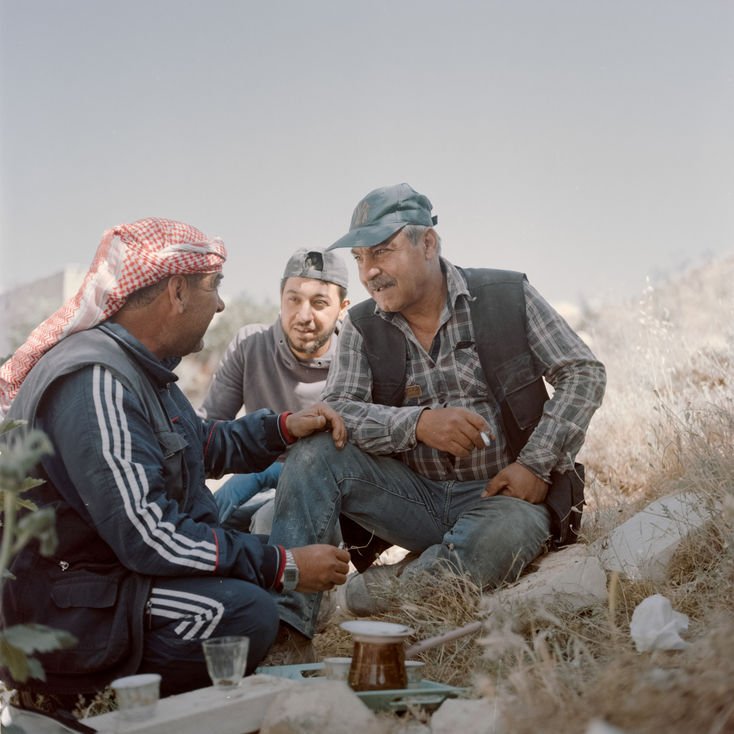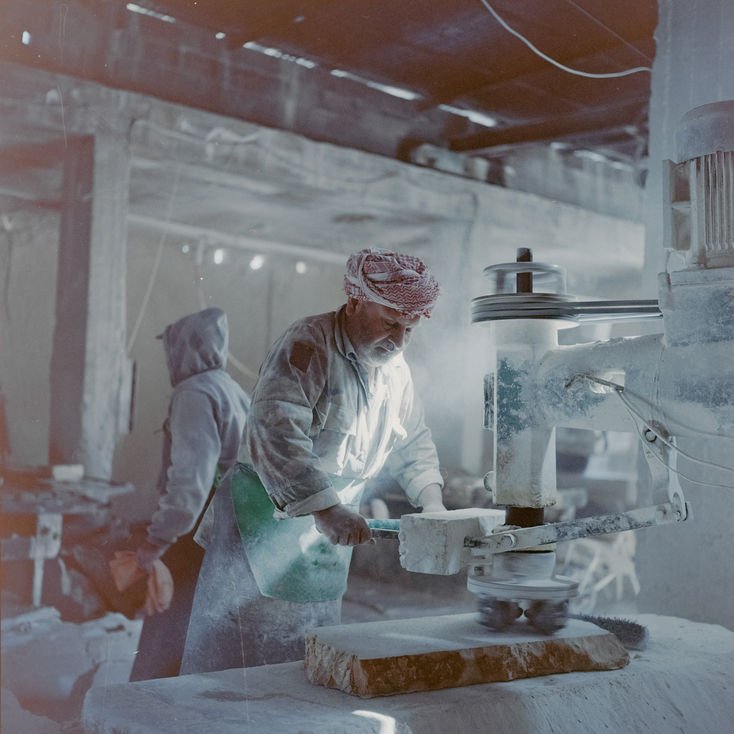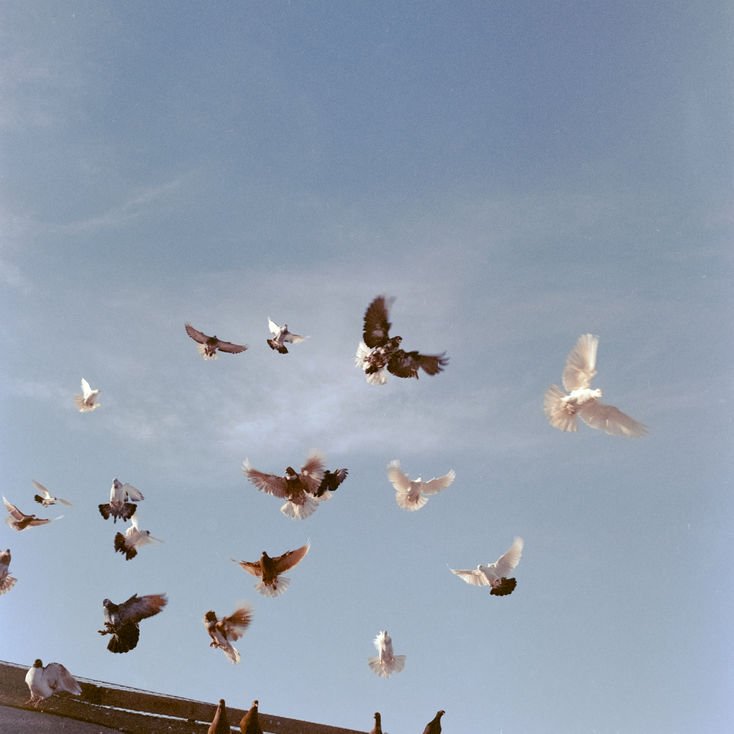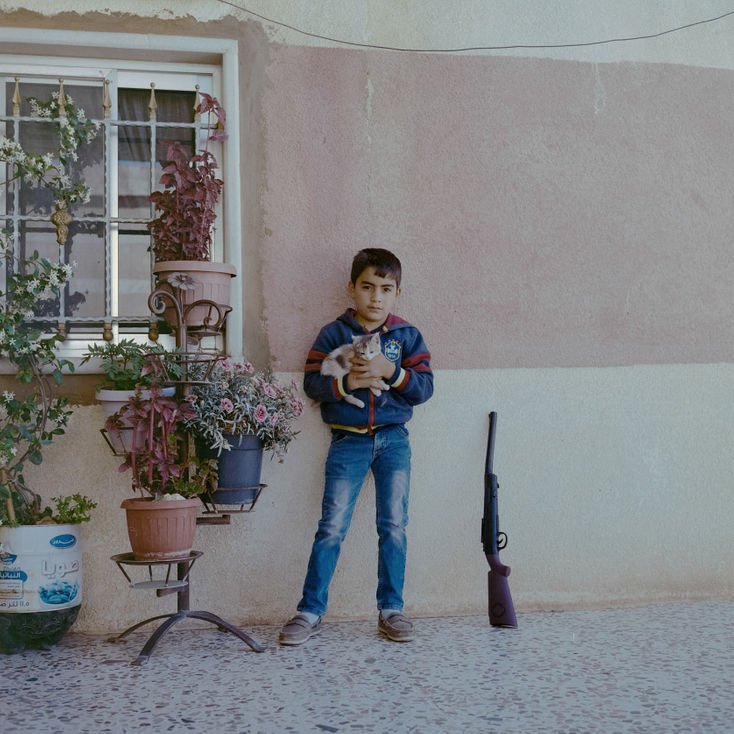In late February last year I moved to Beirut to report for the Norwegian newspaper VG. Here are some of the stories I’ve done.
From drought to oil
The drought in northern Syria has been described as the worst in the country for the last 70 years. Shepards and farmers have struggled to make ends meet, and some have even taken up work at the potentially lethal makeshift oil raffineres in the Hasakah-province.
The access to water has been so restricted many places so on some parts drinking water is more expensive than benzine.
These raffineres are dangerous both for the people working there, for the local environment and for the population nearby. The story in VG.
Escaping from the Taliban
Thousands of Afghans have embarked on a life-threatening escape from the Taliban and Afghanistan, but face strict and closed borders.
In addition, many face violence from border guards, which makes it difficult for them to reach Turkey and Europe. If they are seen by the police here in Turkey, they fear that they will be arrested - and in the worst case - forcibly returned to Afghanistan.
The story in VG.
Nadah
7-year-old Nadah was born into a brutal war.
She and her family have now fled the front line, but in order to survive in everyday life, she and the rest of the family must collect trash. They are looking for everything they can find of values that can then be resold.
The war in Syria has forced 6.7 million to become internally displaced, and six million have fled the country. Estimates show that around 590,000 people have lost their lives in the ten-year war.
The collapsing city
When the war in neighboring Syria started, hell broke out in the city of Arsal in Lebanon. They received tens of thousands of Syrian refugees, ISIS fighters invaded the city and the mayor was threatened received death threats.
The Islamist terrorists were chased out of the city after three years, but shortly afterwards the country's economy collapsed with soaring inflation and many families having difficulties of putting food on the table. The economic collapse have been called one of the worlds worst since the 1850s by the World Bank. Now everyday life has become a struggle for survival.
